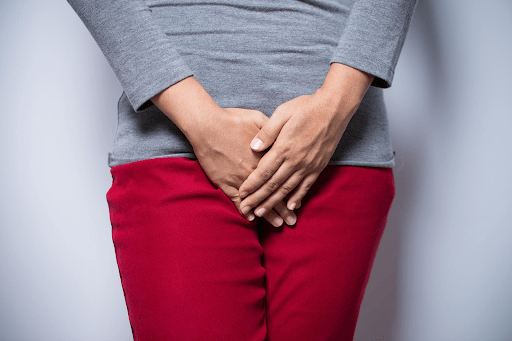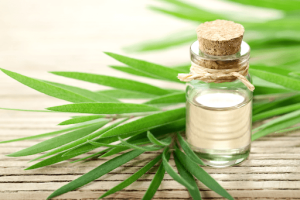When your body over produces yeast and causes the imbalance of bacterias in the vagina, it leads to the chronic yeast infection. In this health condition, an individual is likely to experience recurring yeast infection, probably for more than 4 times within a single year. Chronic yeast infection is not tied to a single age group of people, but it can occur at any age. However, if diagnosed at the right time and the treatment begins promptly, chronic yeast infection can be treated. Keep reading to know how to cure chronic yeast infection, home remedies that you can try and some prevention tips.
What Are Common Causes Of Chronic Yeast Infection?
The fungus candida albibus primarily causes yeast infection. Usually, the vagina contains yeast and other bacteria in balanced amounts. But, when the balance is disturbed, yeast may begin to grow over, which can further cause the development of infection.
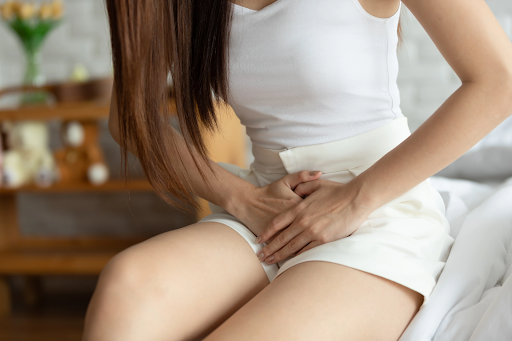
Here are some of the most common reasons which may cause chronic yeast infection.
- Pregnancy
- Changes In Body’s Hormone Levels
- Diabetes
- HIV
- Low Immunity
- Taking some antibiotics
In some cases, the cause of the yeast infection might not be apparent.
How To Cure Chronic Yeast Infection?
Firstly, when you visit your doctor, they will begin with the diagnosis process. In which, they will ask you about the details of the symptoms you are experiencing and your medical history as well.
To confirm that you have a chronic yeast infection, your doctor will perform a pelvic exam, in which they will look into your genital areas to spot signs of infection. They may also collect your vaginal discharge to check if you have a yeast infection. Once confirmed. The treatment will begin to cure your chronic yeast infection.
Here are the treatments that your doctor may recommend to cure recurrent yeast infection:
- Multiple Doses Of Medication Throughout the Day – Your doctor will advise you to take more than two antifungal medications every day.
- Long-term Therapy – Another therapy your doctor may recommend is taking antifungal medication daily for over two weeks and then shifting to once a week for approximately six months.
- Maintenance Therapy – This therapy is done after the initial treatment of the yeast infection, which helps clear up the infection.
Along with the therapies, your doctor may also recommend you avoid certain foods and have a well-balanced diet to fasten the healing of the yeast infection.
Home Remedies To Treat Chronic Yeast Infection
A few home remedies are known to be effective when it comes to cure yeast infections. Here are some easy and effective home remedies you can use along with your medical treatment to treat yeast infections.
Please Note – Generally, these home remedies are considered safe, but it is still recommended to talk to your doctor before proceeding with any remedy to avoid any possible risk.
1. Garlic
According to the sources, garlic can help treat yeast infections. It consists of particular ingredients which aid in killing the bacteria that has caused the infection. You can simply add garlic to your diet to see its effects.
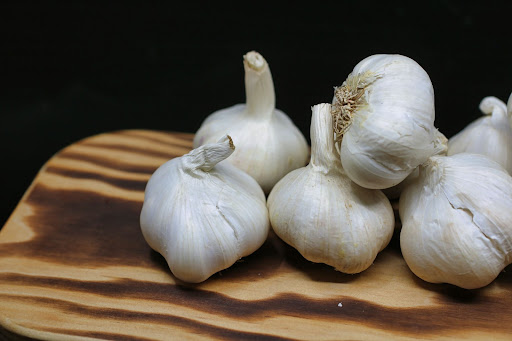
However, there’s still a need for more concrete scientific evidence to conclude if garlic is really effective in treating yeast infections.
2. Coconut Oil
Coconut tends to contain antifungal properties, which can help treat yeast infections. You can apply coconut oil to the affected area to ease your infection. Just make sure to buy pure coconut oil from the market.
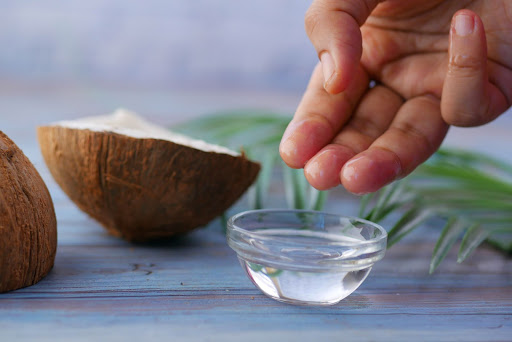
3. Tea Tree Oil
Tea tree oil has antifungal properties, which can help kill bacteria, viruses, and fungi. Thus, it may also help yeast infection.
You can simply apply tea tree oil to the affected area. But, ensure to dilute it with carrier oil as undiluted tea tree oil can lead to irritation on the skin. Also, if you have sensitive skin, avoid using this remedy.
There have been a few studies that claim that tea tree oil can be helpful in curing yeast infections. But, again, that’s not enough. More studies are needed to see its effectiveness.
4. Greek Yogurt
Yogurt consists of beneficial bacteria that may help improve the yeast infection condition. If you are consuming cold yogurt, it may also provide relief from burning sensations and itchiness.
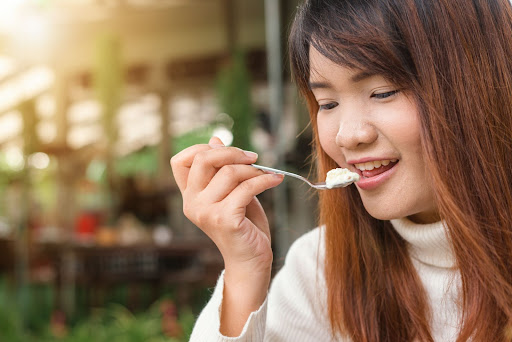
You can add yogurt to your regular diet to reap its benefits. Make sure not to add sugar, fruit, or other flavouring to your yogurt, as it may have a reverse effect.
What Are Some Ways To Prevent Chronic Yeast Infection?
There are a few things you can incorporate in your lifestyle to prevent the yeast infection, which includes the following:
- Change Wet Clothes ASAP – Experts state that wearing wet clothes for longer can increase the risk of getting a yeast infection. Thus, please don’t take too long to change your bathing suit or workout clothes to reduce the risks of yeast infection.
- Keep Your Diabetes Under Control – According to Healthline, uncontrolled diabetes can also be one of the causes of yeast infection. Diabetes increases blood sugar levels in the body, which causes yeast overgrowth, especially around the vaginal area – increasing the risk of chronic yeast infection.
- Avoid Wearing Too Tight Clothes – Tight clothes, especially underwear, won’t release heat, leading to increased body temperature and sweating around the private parts. It increases the risk of developing a yeast infection. Therefore, prefer wearing breathable clothes so the air can easily flow through them and keep your body parts dry.
- Avoid Douching – Douching can also be one of the reasons for chronic yeast infection. The Office On Women’s Health states that douching can lead to overgrowth of the bacteria, which may eventually result in yeast infection.
- Use Condoms – Even though yeast infection is not considered a Sexually Transmutation Infections (STI), it’s still recommended to wear a condom to reduce the risk of yeast infection.
- Make Changes In Your Diet – Avoid unhealthy eating and opt for a nutritious and well-balanced diet. Try including fresh vegetables, chicken, fish, eggs, fruits, yogurt, and high-quality oils to help your health condition.

- Take Care Of Your Mental Health – A study published in 2020 says that women with mental health problems like stress or anxiety are more likely to develop yeast infections.
Conclusion
Chronic yeast infection may feel uncomfortable but can easily be treated with the proper treatment. Doctors usually recommend long-term therapy or multiple doses to cure chronic yeast infections. You can accelerate the process by adopting an overall healthy lifestyle and using the prevention tips on how to cure chronic yeast infection.
And, if you are opting for any home remedy, talk to your doctor first to eliminate any potential risks.
FAQs
- Can vitamin D deficiency cause yeast Infections?
Yes. According to a study, Vitamin D deficiency is linked to various diseases, including yeast infection.
- What if my yeast infection won’t go away?
Usually, yeast infections go away within a few weeks with the right treatment. But, if it doesn’t and stays for a longer period, your doctor may recommend you take a higher or regular dose to prevent the infection.
- What foods cause yeast infections?
Food that contains high amounts of sugar, refined carbohydrates, and saturated fats can cause yeast infections. Alcoholic beverages may also contribute to the development of yeast infection.
- Do yeast infections leave permanent damage?
In general, yeast infection doesn’t leave any permanent damage, but if left untreated, it can lead to severe health issues.
- Is a yeast infection not serious?
Yes, yeast infection is not a severe health problem, but it must be treated promptly. Otherwise, it may develop into a serious one.
- How Long Does a Yeast Infection Last?
Most yeast infections take 1-2 weeks to heal entirely. But, severe cases may stay longer as they take longer to treat.


